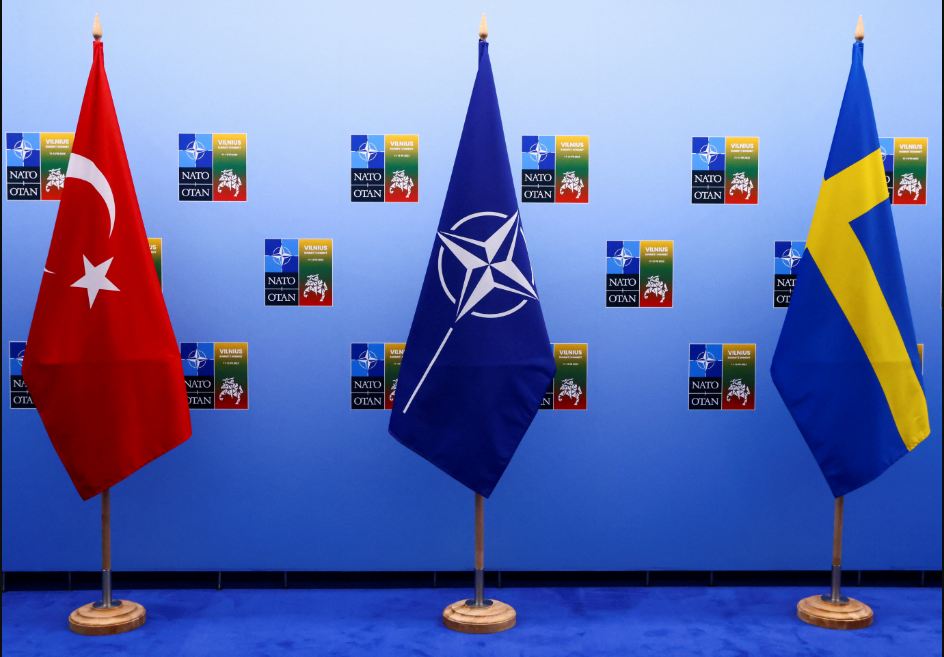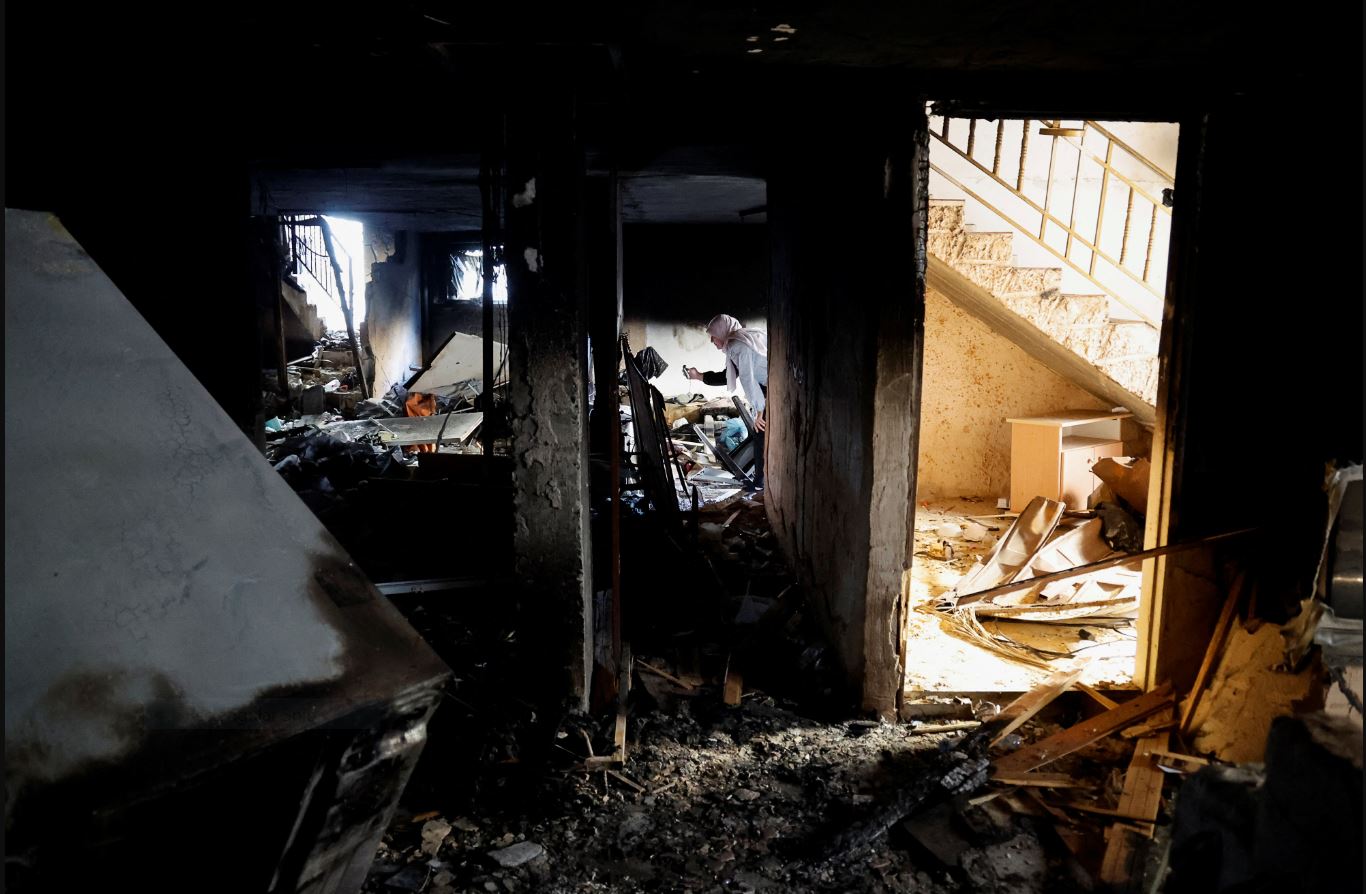Slovak PM Calls for Enhanced NATO Support to Strengthen National Air Defence Capabilities
Slovak Prime Minister Robert Fico has urged NATO to increase support for Slovakia’s air-defence capabilities as the country reassesses its long-term security needs.
Slovak Prime Minister Robert Fico has called for expanded NATO assistance to reinforce Slovakia’s air-defence capabilities, emphasizing the country’s need for stronger protective measures as regional security dynamics continue to evolve.
The request was made during detailed discussions in Bratislava with NATO Secretary General Mark Rutte, where both sides reviewed current threats and the long-term requirements of Slovakia’s defence strategy.
Fico stated that Slovakia, positioned on NATO’s eastern flank, faces increasing pressure to modernize its defensive systems and improve surveillance capacities, particularly as the broader security environment remains uncertain.
He explained that the government is focused on ensuring that national defence planning aligns with the country’s operational needs and the expectations of its allies.
During the talks, both delegations examined ongoing defence initiatives, the pace of modernization programs, and the importance of strengthening coordination among NATO countries to address emerging air-space challenges.
Fico stressed that although many NATO states are rapidly increasing defence budgets, Slovakia must balance alliance commitments with domestic economic priorities and long-term fiscal stability.
He reaffirmed Slovakia’s intention to determine its own structure and timeline for defence spending, noting that each nation must choose an approach that best reflects its internal requirements and strategic goals.
The meeting also covered Slovakia’s position on European support for Ukraine, with the prime minister restating that Slovakia will not directly supply lethal weapons to Kyiv.
Fico clarified that while the government will allow commercial contracts for defence equipment, it will not participate in the direct transfer of weaponry as an official policy decision.
He added that this approach reflects the government’s view that each country should independently decide how it contributes to broader European security efforts without external pressure.
A statement released after the meeting confirmed that Fico requested enhanced air-defence support from NATO, seeking additional deployments or technical assistance to further secure Slovak air space.
Although the government did not disclose specific details about the type of reinforcement requested, officials emphasized that the country is working to strengthen defence infrastructure on multiple fronts.
Slovakia has already taken significant steps toward modernizing its air-defence systems, including the acquisition of advanced technology from Israel and increased collaboration with international defence partners.
The nation has also invested in updating its air fleet through the purchase of new F-16 fighter jets, which are intended to improve aerial readiness and operational capability.
In previous regional discussions, Slovakia joined other EU countries on the eastern flank in supporting the concept of a shared “drone wall” equipped with advanced detection and monitoring technologies.
This initiative aims to enhance collective border protection, improve early threat identification, and support greater coordination among neighbouring states facing similar security concerns.
Fico emphasized the value of these coordinated efforts, noting that technological advancements and cross-border cooperation are essential to maintaining stability and preparedness throughout the region.
He also highlighted that increased NATO engagement would accelerate Slovakia’s progress toward modernizing defence infrastructure and integrating new surveillance systems.
Secretary General Rutte acknowledged Slovakia’s concerns and reiterated NATO’s continued commitment to supporting member states facing heightened security pressures.
He emphasized that the alliance must remain flexible, cooperative, and proactive as the strategic environment continues to shift across Europe.
Both leaders agreed on the importance of ongoing communication, joint planning, and increased collaboration to ensure that Slovakia receives the support needed to bolster its air-defence readiness.
The meeting concluded with an understanding that further consultations will follow, focusing specifically on operational needs, technological upgrades, and opportunities for enhanced partnership.
Slovakia intends to continue expanding its defence capabilities while deepening ties with NATO and EU partners, recognizing that long-term security depends on combined regional efforts.
Government officials indicated that additional discussions and technical evaluations will be held in the coming months as Slovakia works to adapt to evolving geopolitical challenges and strengthen national defence systems.



